Tutorial 2- Memorable Characters
Hi Folks,I'm back today with another thrilling chapter that I'm sure you've all been waiting for. Everyone enjoys reading stories, right? It draws you in whether you are writing or reading, and a strong story will keep you interested. But what is the secret to coming up with the best stories? Characters, Obviously! We remember someone from every single story. Characters might be the heroes, villains, allies, or even the background characters of your story. You will learn about the various kinds of characters and how to develop the greatest lasting ones from what I will be teaching you.
Heros: We remember someone from each and every story. Kelly from Just Add Magic, Harry Potter, Meet Hooda, Princess Yasmine, Naina, Prachi, Marinette, Avni, Monami, Bondita, Sonakshi, Khushi, and Ginni. For men, Meet Alawhat, Aladdin, Sameer, Ranbir, Adrien, Neil, Karan, Anirudh, Dev, Arnav, and anyone else you can think of. They are the ones who progress the plot and trigger our emotions. We experience everything with them, including laughter, sobs, and anger. Who is your favorite? Let us know below! The primary protagonist who must overcome struggle and adversity is a hero in a story. This character also embarks on a journey, whether it be actual or metaphorical, where they must use their knowledge and abilities to go through difficulties or problems. Heroes and heroines travel on real journeys, meet monsters and other types of evil, and endure trials and tribulations in order to show that good ultimately wins over evil. Heroes can also adopt a more modern form where they don't necessarily travel physically. Their adventures may involve physical travel but also deeper emotional development. Heroes can also go on emotional or spiritual adventures without ever leaving their hometown.
There are 3 types of heroes:
THE WILLING HERO(Meet Hooda, etc.):
The challenges that the willing hero must overcome serve as his inspiration. He likes difficulties and gets bored with a life without any obstacles to overcome.
The bravery of the willing hero is also acknowledged. The willing one is brave and bold almost to a fault. He radiates excessive optimism and confidence in his skills.
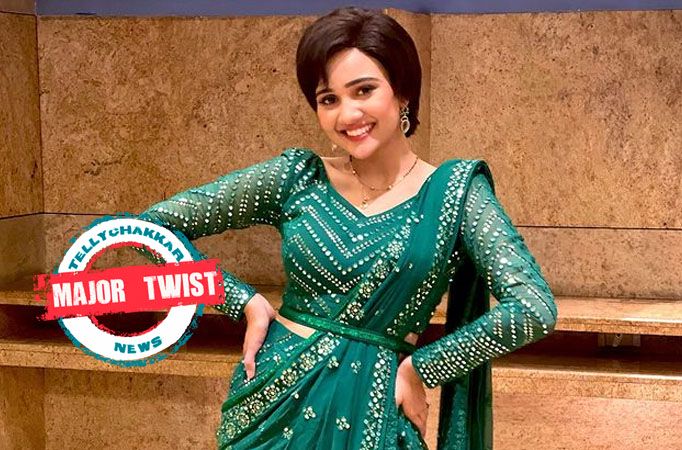
CLASSICAL HERO(Harry Potter, Kelly, etc.):
The majority of historical heroes had divine ancestry or supernatural powers. Because he is superior to the others in some way, he stands out from the crowd. He might be a great fighter or an expert strategist. It's also possible that he has access to magical weapons like cloaks, swords, and shields, or immorality.
Despite being one of the most well-known varieties, the classical hero shares the same problem as the willing hero: relatability. How can the reader relate to someone who is so perfect that it seems impossible? How can a reader support a hero who has a tendency to be hasty, careless, and self-centered?
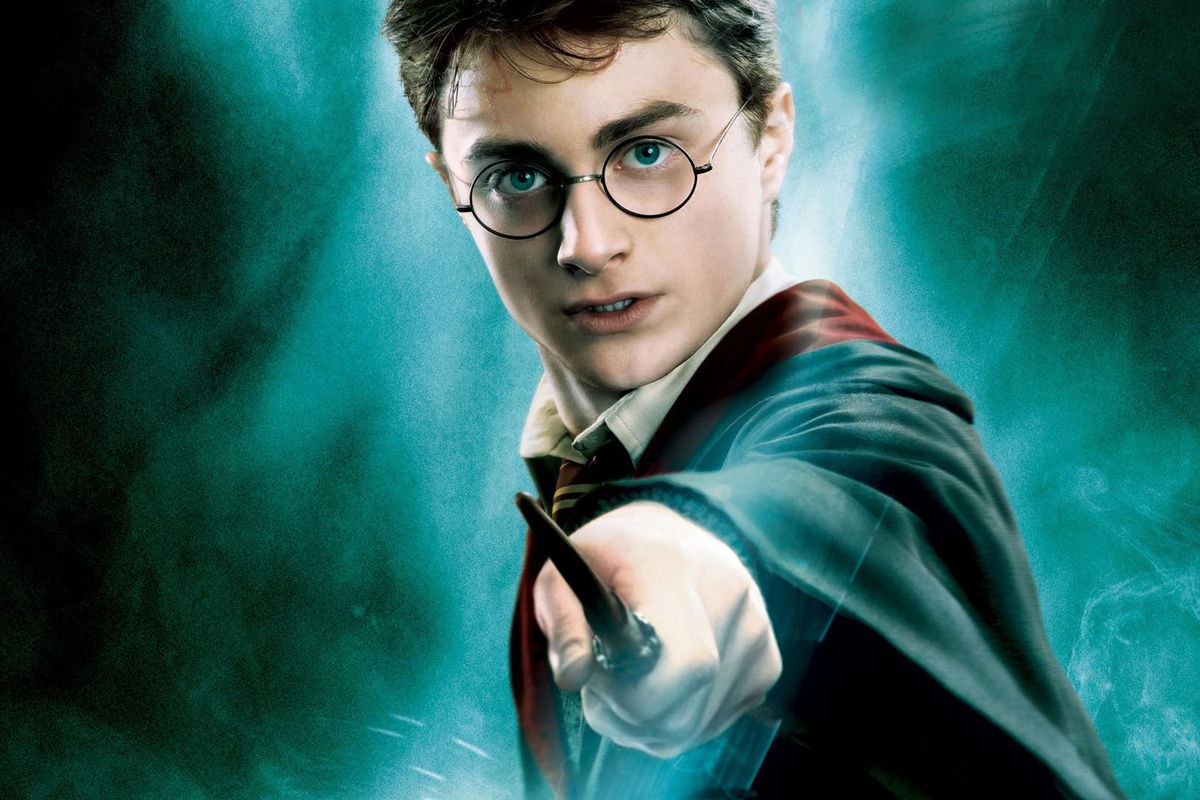
EPIC HEROS (Yasmine, Aladdin, Marinette, Adrien, etc.)
The epic hero is something of a legend. He becomes greater than any one person because he stands for the best aspects of humanity. Whether the society is renowned for its strength, selflessness, or humility, your epic hero will exemplify each of those traits. At first, the epic hero appears to be a typical individual from his day. But as the story progresses, the epic hero is more clearly revealed. He is renowned for his quick wit, altruism, and/or fortitude. While the epic hero typically embarks on a physical trip, discovering his inner journey might be just as fascinating. This hero must first battle the inner conflict before confronting evil.
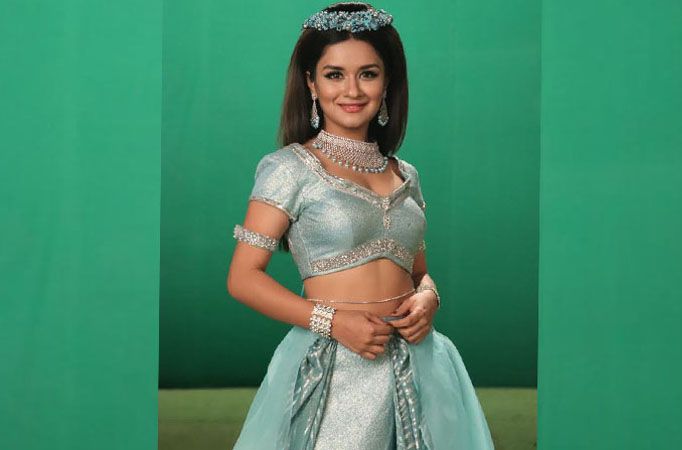
Villains:
On a fundamental level, performance, motivation, and efficiency are the three key elements that help create a good villain. The reason I say "basic level" is because these three elements can be used in ways that raise a villain from just good to something greater. A good villain is not always a memorable one, as was previously mentioned. A good villain must have these three qualities, but there is one more essential component that makes the evil stand out. Do you remember Shanty and Rana from Meet or Zafar from Aladdin Naam Toh Suna Hoga? With the way they speak, their backstories, and their objectives, how terrifying are these characters?
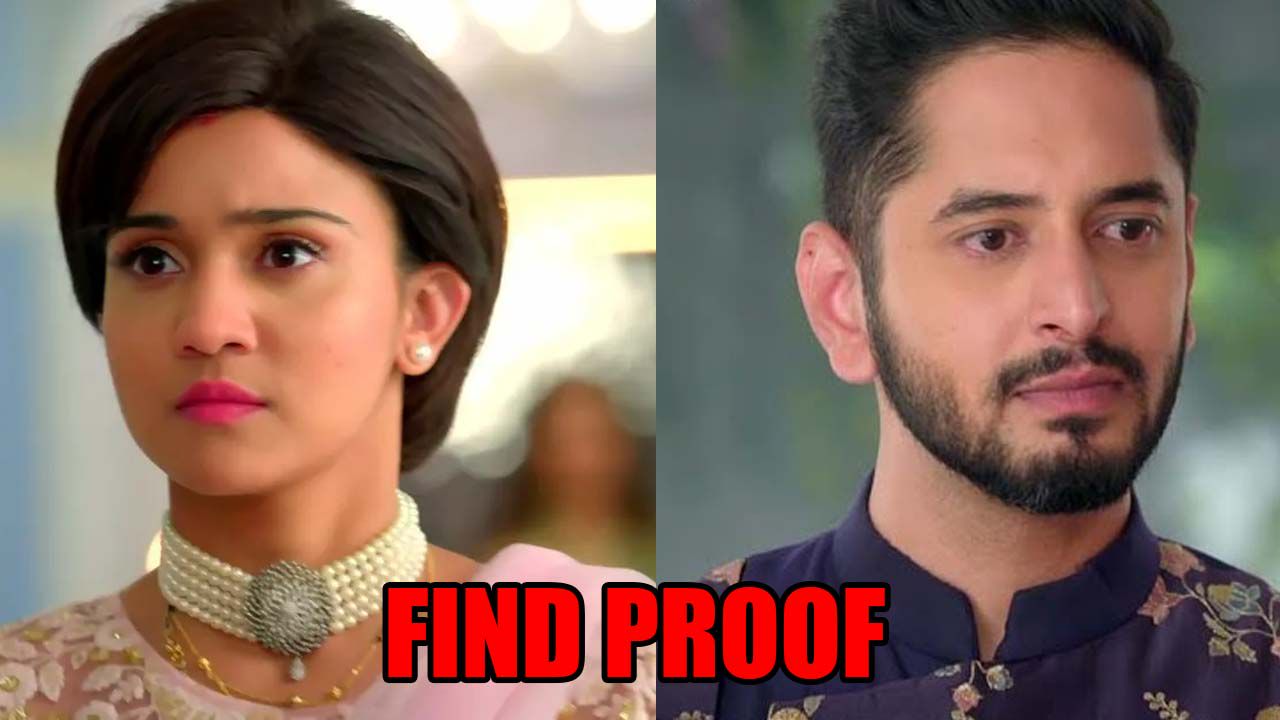
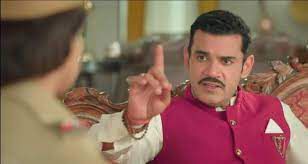

How to Create A Great Villian:
1. Give Your Antagonists a Painful Backstory: The villain is always striving to interfere with the protagonists' lives, whether it be by murdering the father of the protagonist, as both Rana and Zafar show, or by getting in the path of the protagonists. Your mission is to develop a captivating story with twists and turns to captivate your audience.
2. Create the Right Antagonists for Your Protagonists: If your antagonists aren't the right fit for your protagonist, the story will be tedious and cut too short. To succeed, they must be crafty, smart, and deceptive. They also require development in their plot.
3. Determine What Your Antagonists Want and Why
4. Don't Make Your Antagonists Entirely Evil: Keep in mind the Raj from Mission Royal as my example. He knew how to feel because he was in love with Ria, but he gets in her way and ultimately comes close to killing her. He does, however, change, and because of this, he is not entirely evil.
5. Antagonists Should Believe They Are the Hero in Their Own Story
6. Give Your Antagonists Their Own Goals: They need to be determined in what they desire and seek to achieve the end no matter what occurs, whether it's killing the heroes to win their ladies, taking revenge for something done in their past, or any other purpose.
Supporting characters can be found in every novel, such as Pragya in Torn Apart or any other character you can think of. They frequently support the main characters and help them complete their duties. You can give them memorable conversations with supporting characters and describe their traits. I'll offer you some advice on how to create them.
Supporting characters can give the story more complexity, set the stage for your world, help or hinder your main character on their path, and offer humor and interest.To comprehend the significance of supporting characters, consider a book with just one protagonist.
Throughout your protagonist's arc, certain characters will encourage and assist them, while others will serve as conflict creators.
1. Make their dialogue distinct from other characters.2. Give them a distinct name3. Make sure your characters want something.4. Put in the effort.What do they want?What's stopping them from getting it?What will they do in response to the thing that's stopping them from achieving their goal?
In any work, the supporting cast is important. Without them, our primary characters' surroundings would be dull, boring, and monotonous. A good character needs trustworthy individuals to cooperate with and oppose!
When developing your primary character, make sure to show the same amount of affection to your supporting cast. Keep in mind: If someone is significant enough to receive a name, they are significant enough to desire something. How are your characters going to pursue their goals and what do they want?
I hope you now have a better understanding of the various aspects of characters and what distinguishes them from bland, dull ones. When you start drafting your next blockbuster novel, bear this in mind. In the following chapter, we will discuss details and why they are significant to various stories. Please forward this along to any friends who are interested in learning how to write incredible stories on the Wattpad website. Spots off, until next time!
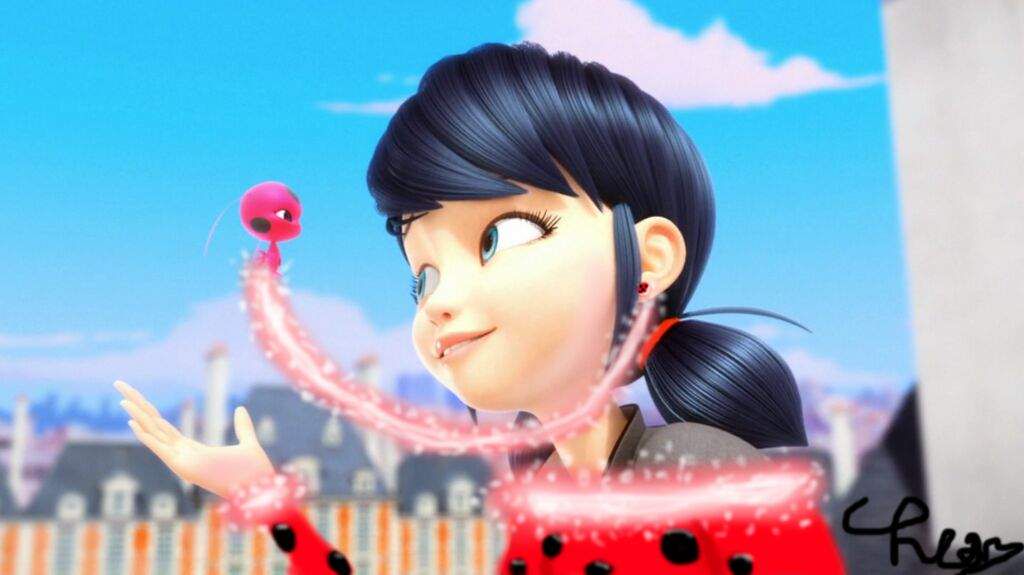
Bạn đang đọc truyện trên: Truyen247.Pro